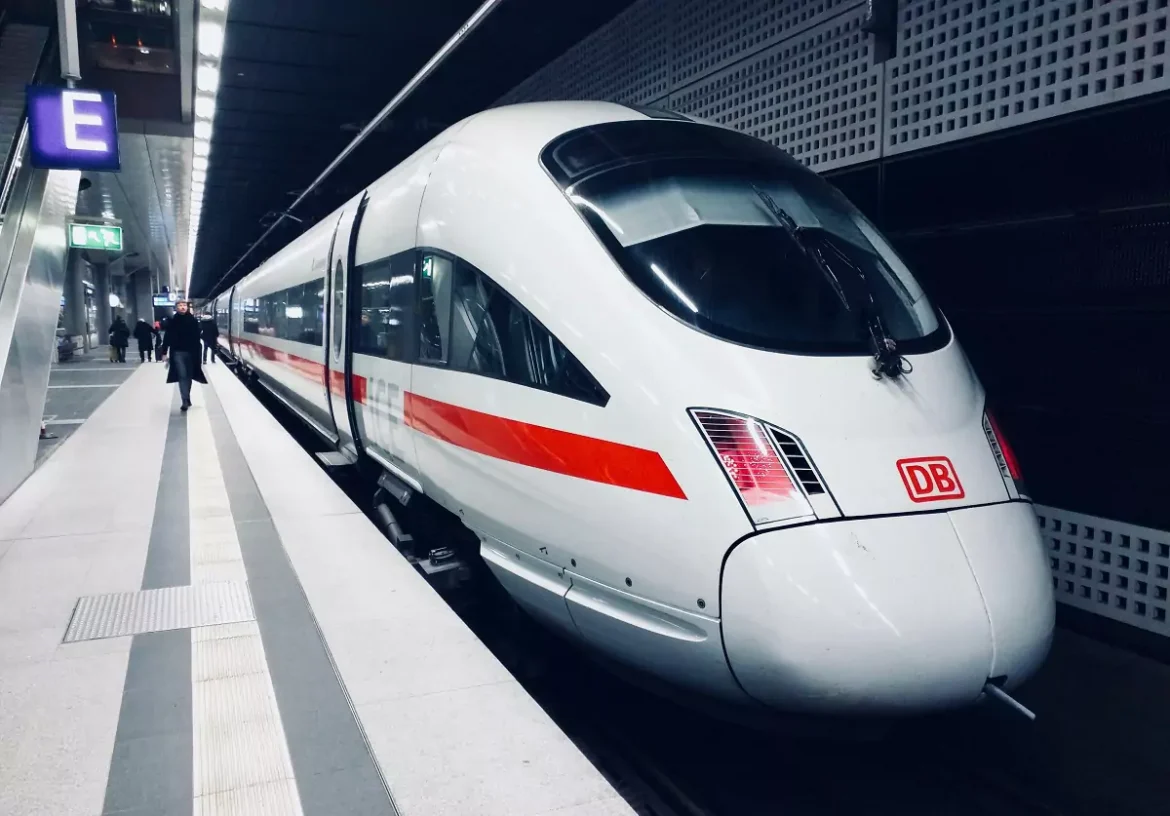With rapid land acquisition, the Mumbai-Ahmadabad bullet train project overcomes obstacles and strengthens rail infrastructure. Maharashtra, having acquired 99.75% of the necessary land in their state, the acquisition process, which started over five years ago, is nearing its conclusion. The National High-Speed Rail Corporation Ltd. (NHSRCL) has revealed that Gujarat is falling behind since it only got 98.91% of the needed land.
Before the entrance of the Eknath Shindhe government in Maharashtra, only 75% of the land was acquired, in contrast to Gujarat which had concluded 98.5 percent of capturing of land as of January 2022. Gujarat’s continued delay in the project was justified by the swift purchase of a substantial amount of land in Maharashtra sped up their work. The legal disputes have also caused delays in the project.
In September 2021, the entire 7.9 hectares region of the Union Territory of Dadra and Nagar Haveli was purchased. In Gujarat and Maharashtra, this process took longer than the deadline of December 2018. Bullet trains are expected to run between these two stations by 2023.
There were now just 1.07 hectares of land left to be purchased in Maharashtra. NHSRCL has previously compensated 1984 private plot owners of Rs. 3,217 crores. 4.83 hectares of land on the outskirts of Mumbai has been purchased. Small plots of 0.32 hectares in Palghar and 0.75 hectares in Thane have been on the waiting list.
Gujarat still has to purchase around 10.53 hectares of land. Nearly Rs. 6,104 crore has been divided among 6248 people in Gujarat. Complete land has been bought in eight districts of Valsad, Kheda, Anand, and Navsari. Vadodra still holds the maximum amount of pending acquisition. It was close to 5.47 hectares. Surat, Brauch, and Ahmedabad, which have 4.89 hectares, 0.05 hectares, and 0.02 hectares, respectively, are left to be acquired.
The first Indian Bullet Train project construction began in Gujarat’s Ahmedabad in September 2017. The project’s foundation was laid jointly by the honorable Prime Minister, Mr. Narendra Modi, and the late former prime minister of Japan, Shinzo Abe.
The total expenditure of Rs.1,08,000 crore was estimated in 2015. With an investment of 81% of the project’s entire cost, the Government of Japan is supporting it. The Indian Government’s stockholders will give leftover capital. The shares of the Gujarat Government, the Maharashtra Government, and the Ministry of Railways are 50%, 25%, and 25%, respectively.
The first bullet train in India will be running at a speed of 320 km/hr wrapping a distance of 508 kilometers while stopping at 12 stations. There will be 35 trains per day, running every 20 minutes during rush hours and every 30 minutes during off-peak hours.

